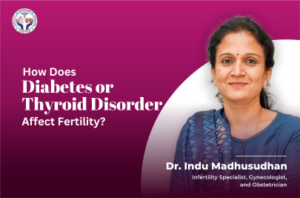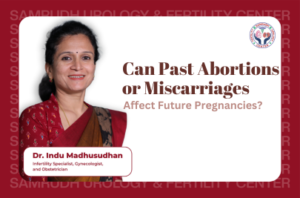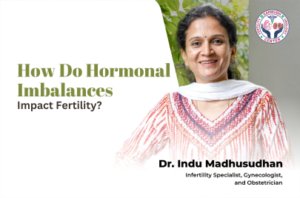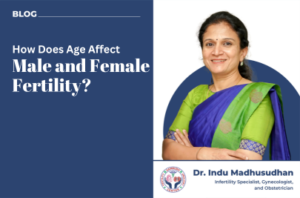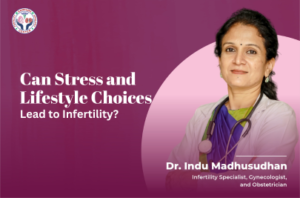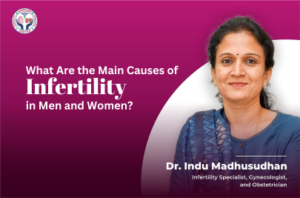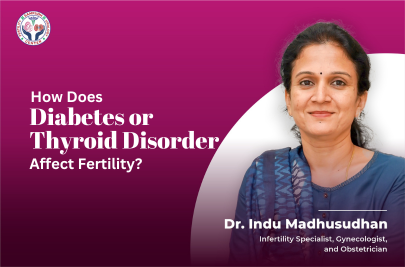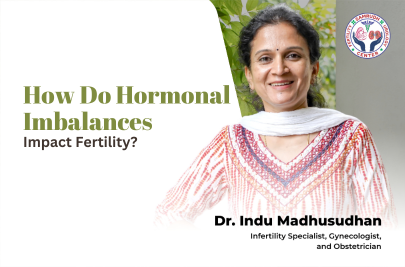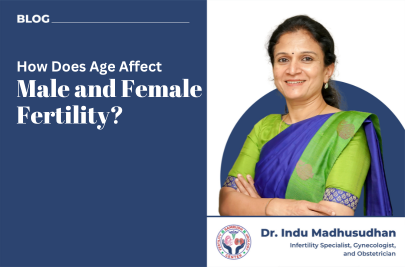In Vitro Fertilization (IVF) is a widely used assisted reproductive technology that helps individuals and couples achieve their dream of parenthood. As you consider or embark on your IVF journey, you may have many questions. Below, we address some of the most common inquiries about the IVF process.
1. Can We Choose Gender in IVF?
Yes, gender selection is possible during IVF through a process called Preimplantation Genetic Testing (PGT). This technique allows doctors to determine the sex of embryos before implantation by analyzing their chromosomes. While gender selection can be used for medical reasons—such as avoiding sex-linked genetic disorders—it can also be pursued for personal preferences, often referred to as “family balancing.” However, ethical considerations and legal regulations regarding gender selection vary by country and should be discussed with a healthcare provider.
2. Are IVF Injections Painful?
Many individuals wonder about the discomfort associated with IVF injections. The injections are typically administered subcutaneously (under the skin) and may cause mild discomfort similar to that of a mosquito bite. Some people may experience bruising or swelling at the injection site, but severe pain is uncommon. Your healthcare team at Samrudh Fertility Center will provide guidance on how to minimize discomfort during this process.
3. What is the Success Rate of IVF?
The success rate of IVF can vary based on several factors, including age, health status, and specific fertility issues. On average, the success rates for IVF are as follows:
Age Group | Success Rate per Cycle |
Under 35 | 40% – 50% |
35 – 37 | 30% – 35% |
38 – 40 | 20% – 30% |
Over 40 | 5% – 10% |
At Samrudh Fertility Center, we prioritize personalized treatment plans to enhance your chances of success.
4. How Many Embryos Are Usually Transferred During IVF?
The number of embryos transferred during an IVF cycle depends on several factors, including the age of the woman and the quality of the embryos. Typically, one to two embryos are transferred to maximize the chances of pregnancy while minimizing the risk of multiple pregnancies. Your fertility specialist will discuss the best approach for your individual situation.
5. Can IVF Lead to Twins or Multiples?
Yes, IVF can lead to twins or multiples, especially if more than one embryo is transferred during the procedure. While multiple pregnancies can be exciting, they also come with increased risks for both the mother and babies, such as premature birth and complications during pregnancy. At Samrudh Fertility Center, we aim to balance achieving pregnancy with ensuring the health and safety of both mother and child.
6. What Are the Side Effects of IVF Medications?
IVF medications can cause various side effects, which may include:
- Bloating
- Mood swings
- Headaches
- Fatigue
- Nausea
Most side effects are mild and temporary. However, if you experience severe symptoms or have concerns about your medications, it’s important to consult your healthcare provider.
7. How Long Does the IVF Process Take?
The entire IVF process typically takes about four to six weeks from initial consultation to embryo transfer. This timeline can vary based on individual circumstances and treatment protocols. After embryo transfer, a pregnancy test is usually conducted two weeks later.
8. Is IVF Safe for Older Women?
IVF can be safe for older women; however, there are increased risks associated with advanced maternal age, such as higher chances of complications during pregnancy and childbirth. At Samrudh Fertility Center, we conduct thorough evaluations to ensure that older candidates receive appropriate care tailored to their health needs.
9. What Are the Costs Associated with IVF?
The cost of IVF can vary widely depending on several factors, including location, clinic reputation, and specific treatment plans. On average, a single cycle of IVF in India may range from ₹2 lakh to ₹3 lakhs or more. It’s essential to discuss financial options and any potential additional costs with your fertility specialist at Samrudh Fertility Center.
10. Do I Need to Be on Bed Rest After Embryo Transfer?
Bed rest is generally not required after embryo transfer; however, it’s advisable to avoid strenuous activities for a few days following the procedure. Light activity is encouraged to promote circulation without putting undue stress on your body.
Conclusion
Understanding these common questions about IVF can help demystify the process and empower you as you consider your options for building a family. At Samrudh Fertility Center, our dedicated team is here to support you every step of the way with personalized care and expert guidance tailored to your unique needs.
If you have more questions or are ready to begin your journey with IVF, contact us today! This article provides clear answers to frequently asked questions about IVF while incorporating relevant data and insights specific to Samrudh Fertility Center’s services and expertise.

